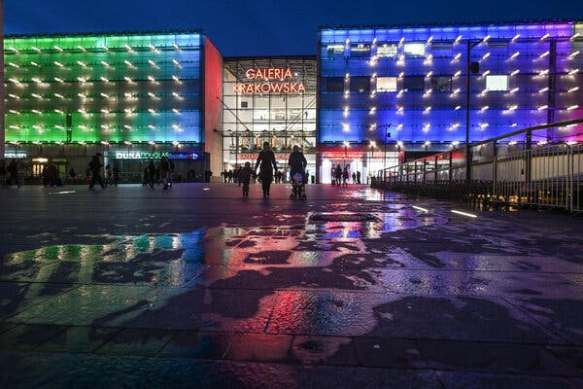Mr. Gabuev, the director of the Carnegie Russia Eurasia Center, wrote from Berlin.
“Vladimir Putin’s trip to Beijing this week, where he will meet with Xi Jinping and top Chinese officials, is another clear demonstration of the current closeness between Russia and China.
Yet many in the West still want to believe that their alliance is an aberration, driven by Mr. Putin’s emotional anti-Americanism and his toxic fixation on Ukraine. Once Mr. Putin and his dark obsessions are out of the picture, the thinking goes, Moscow will seek to rebuild ties with the West — not least because the bonds between Russia and China are shallow, while the country has centuries of economic and cultural dependence on Europe.
This wishful view, however appealing, overlooks the transformation of Russia’s economy and society. Never since the fall of the Soviet Union has Russia been so distant from Europe, and never in its entire history has it been so entwined with China. The truth is that after two years of war in Ukraine and painful Western sanctions, it’s not just Mr. Putin who needs China — Russia does, too.
China has emerged as Russia’s single most important partner, providing a lifeline not only for Mr. Putin’s war machine but also for the entire embattled economy. In 2023, Russia’s trade with China hit a record $240.1 billion, up by more than 60 percent from prewar levels, as China accounted for 30 percent of Russia’s exports and nearly 40 percent of its imports.”







